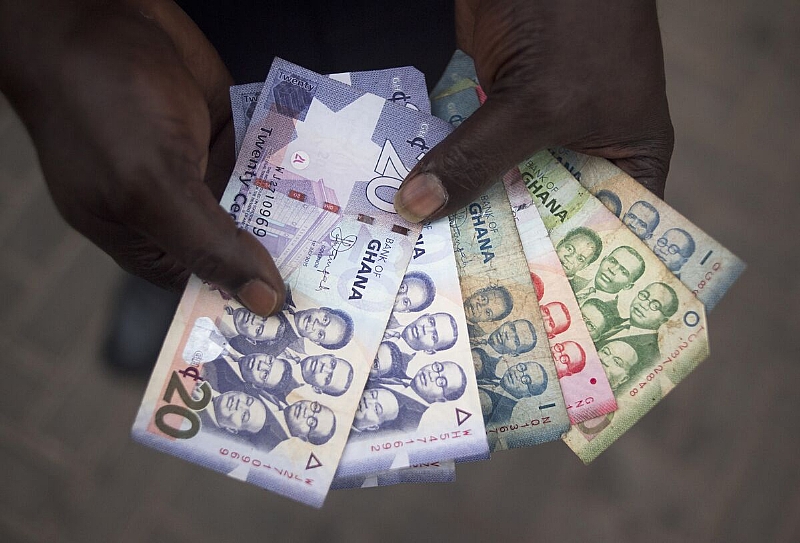As of September 28, 2024, the Ghanaian Cedi has shown mixed movement against the United States dollar. The buying rate has decreased by 1 pesewa, settling at GHS15.68, whereas the selling rate has held steady at GHS16.17. These rates reflect the latest data from Cedirates.com, a reputable platform specializing in currency and fuel updates in Ghana. The interbank rates indicate that the Cedi is trading at a slightly higher purchasing rate of GHS15.82 and a selling price of GHS15.84 against the dollar, suggesting a stable currency market for international transactions.
The British Pound Sterling’s exchange rates exhibit a more pronounced fluctuation as the average buying and selling rates are GHS20.75 and GHS21.63, respectively. In the case of the Euro, the rates are recorded at GHS17.30 for buying and GHS18.06 for selling. On the Bank of Ghana’s interbank market, the Pound Sterling is priced at GHS21.23 while the Euro sells for GHS17.69, highlighting the differentials in currency valuations and their implications for both domestic and international trade in Ghana.
For individuals looking to send remittances to Ghana from the United States or the United Kingdom, platforms such as LemFi and Afriex offer competitive rates. The current rate for sending money to Ghana from the US stands at GHS15.70 per dollar, with a slightly lower rate of GHS15.61 for transfers from the UK. In relation to the Pound, these platforms present buying and selling rates of GHS21.05 and GHS21.11, respectively. For Euro transfers, Afriex is the only service that updated its rates on Saturday, selling at GHS16.97 per euro, providing a viable option for users making international transfers.
Moreover, subscribers renewing popular services like Netflix, Spotify, or Apple Music will find that Visa and Mastercard have set their rates at GHS16.91 and GHS16.93 per US dollar. This adds another layer of currency activity relevant to consumers engaging in online subscriptions or other international purchases. The stabilization of these rates is critical as it enables users to plan their financial commitments with greater confidence against potential currency fluctuations.
In a noteworthy development, the Bank of Ghana has updated its procedures for calculating exchange rates, which could influence future currency assessments. Banks are now required to submit their exchange rate data at 3:30 pm, one and a half hours later than before. Additionally, there has been a methodological shift from using average rates to a median calculation, focusing specifically on transactions valued at $10,000 and above. This change is likely aimed at providing more accurate and market-reflective rates, which could improve the efficiency and transparency of forex transactions in Ghana.
In summary, the recent trends in currency exchange surrounding the Ghanaian Cedi reflect a complex landscape shaped by market dynamics and regulatory changes. With mixed performances against the US dollar, Pound Sterling, and Euro, the Cedi’s exchange rates are critical for local and international traders, consumers, and businesses alike. Changes in the calculation protocols introduced by the Bank of Ghana signal an ongoing commitment to enhance the robustness of currency evaluations and facilitate a more effective currency exchange environment.














